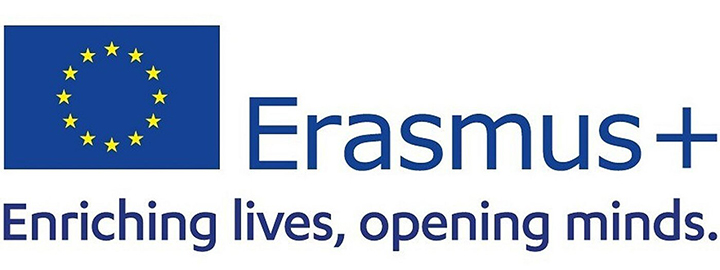The project "On the Way to Tourism Solidarity" aims to promote solidarity tourism, also known as responsible tourism or ethical tourism, as a sustainable alternative to traditional tourism. It emphasizes social, environmental, and economic sustainability by engaging with local communities, respecting their culture, and supporting their development. Solidarity tourism offers several benefits, including sustainable development, community empowerment, cultural preservation, responsible tourism practices, and mutual understanding.
Key Findings:
- Sustainable Development: Solidarity tourism promotes practices that minimize negative environmental impacts and support local conservation efforts, contributing to sustainable development.
- Community Empowerment: Travelers engage in activities that benefit the local economy, creating economic opportunities and improving the livelihoods of community members.
- Cultural Preservation: Solidarity tourism values and supports local culture, helping preserve indigenous knowledge, traditions, and diversity.
- Responsible Tourism Practices: It encourages responsible behavior among travelers, mitigating negative effects associated with mass tourism.
- Mutual Understanding and Exchange: Solidarity tourism fosters mutual understanding, respect, and cultural exchange between travelers and local communities.
Benefits to Communities and the Environment:
- Economic Empowerment: Solidarity tourism generates income and employment opportunities for the local community, reducing revenue leakage to external entities.
- Community Engagement and Cultural Preservation: It fosters meaningful interactions between tourists and local communities, leading to cultural preservation and the safeguarding of local heritage.
- Environmental Conservation: Solidarity tourism promotes responsible environmental practices, contributing to the conservation of natural resources and biodiversity.
- Social Development and Empowerment: It supports community projects and social initiatives, reducing poverty and enhancing social well-being.
- Reduced Carbon Footprint: Solidarity tourism encourages environmentally friendly travel practices, contributing to climate change mitigation.
Actors in Solidarity Tourism Chain:
- Local Communities: Actively engage in hosting and providing authentic experiences to travelers, often forming cooperatives to ensure equitable benefits.
- NGOs (Non-Governmental Organizations): Support and promote solidarity tourism initiatives, providing training and capacity building.
- Specialized Tour Operators: Design responsible travel experiences in collaboration with local communities, ensuring economic benefits remain within the destination.
- Travelers: Seek experiences aligned with responsible travel principles, supporting local businesses and minimizing environmental impact.
Selected Tourism Destinations Implementing Solidarity Tourism Practices:
- The Gambia, West Africa: Community-based tourism initiatives ensure benefits are shared among community members.
- Bhutan, South Asia: Emphasizes sustainability and community well-being through limits on tourists and mandatory contributions to sustainable development.
- Kutch, India: Empowers local communities through accommodations, restaurants, and craft cooperatives.
- Sapa, Vietnam: Supports indigenous communities through homestays and community tourism initiatives.
- The Cook Islands, South Pacific: Prioritizes community involvement and environmental conservation in sustainable tourism practices.
Recommendations:
- For Travelers: Use locally-owned accommodations and eateries, purchase locally-made products, and engage in responsible tourism practices to support local communities.
- For Tour Operators: Refer clients to destinations with responsible practices and create packages that incentivize responsible travel.
- For Actors in the Tourism Space: Promote sustainable practices, invest in infrastructure, ensure financial sustainability, and involve local communities to overcome challenges and promote solidarity tourism
Working on the project:
TopAfric e.V. -Germany
ESPACE ESPRIT LEADER (EEL) –France
Papa Ndogo -Spain
With support from the (European Union – ErasmusCompiled by Francis Amemador
TopAfric
A project sponsored by the European Union.
Sidebar
Magazine menu

 Teline V
Best News Template For Joomla
Teline V
Best News Template For Joomla
27
Sat, Jul
21
New Articles










